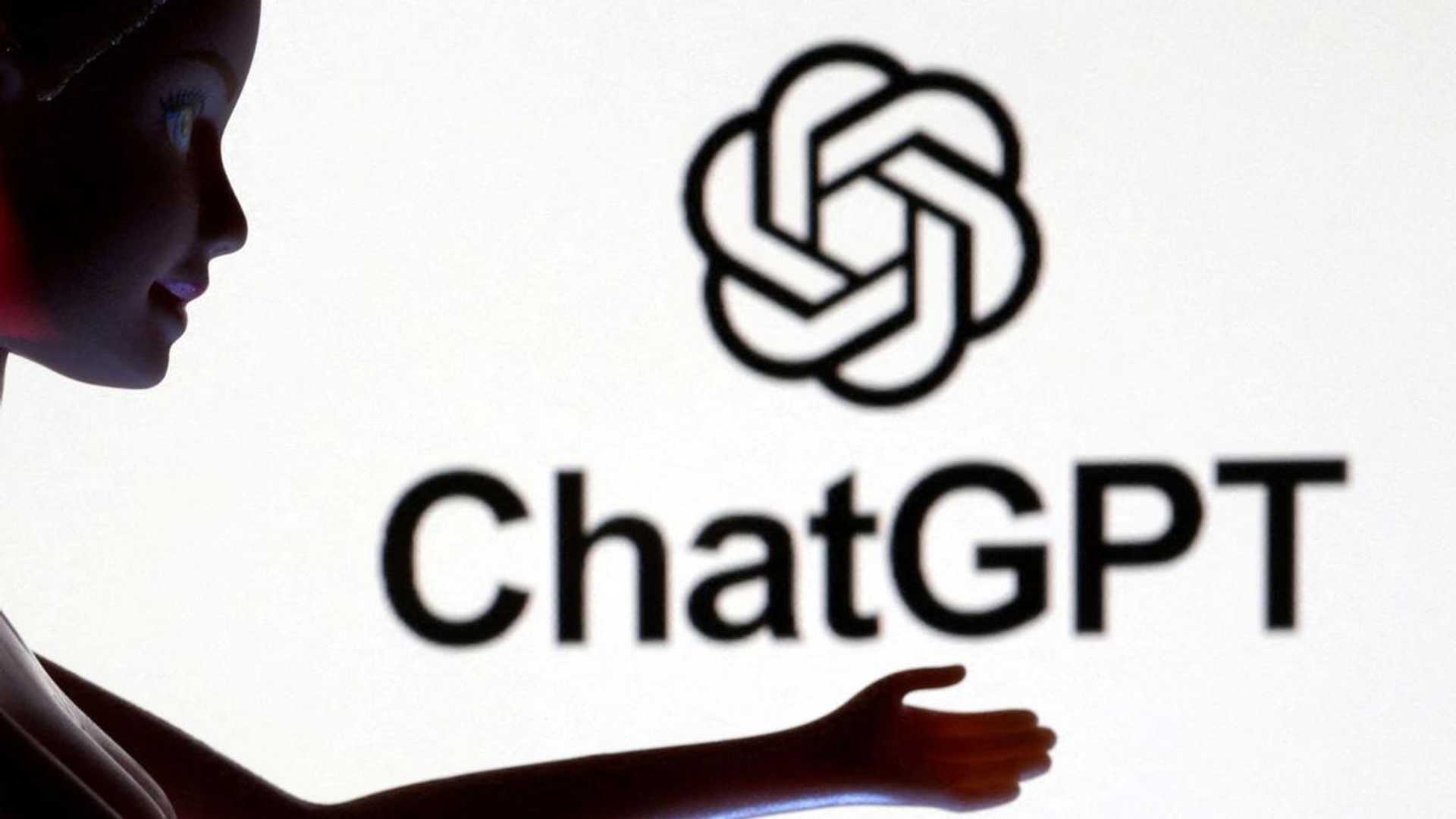Behind EU Lawmakers' Challenge to Rein in ChatGPT and Generative AI
The rising popularity of generative AI, particularly ChatGPT, has sparked awe and anxiety in the public. Consequently, members of European Parliament (MEPs) raced to update rules to regulate the development of generative AI and keep it in check. Initially, the bloc's proposal for the AI Act published two years ago included only one mention of the word "chatbot." However, this changed when a small group of politicians worked on drafting what could become landmark legislation in just 11 days. The draft bill aims to identify copyright protection as the core piece of effort in regulating AI technology.
ChatGPT, which launched in November, became one of the fastest-growing apps in history, leading EU industry chief, Thierry Breton, to call for its regulation. Elon Musk, the CEO of Tesla Inc. and Twitter, even issued a letter warning of existential risk from AI and calling for stricter regulations. This prompted a dozen MEPs involved in drafting the legislation to sign an open letter agreeing with some parts of Musk's letter and urging world leaders to hold a summit to find ways to control the development of advanced AI.
Later on, two MEPs proposed changes that would force companies with generative AI systems to disclose any copyrighted material used to train their systems. This tough new proposal received cross-party support. The EU outlined proposed laws that could force an uncomfortable level of transparency on the AI industry, aiming to target "foundation models." Under these new proposals, companies like OpenAI would have to disclose any copyrighted material used to train their systems. Additionally, the emerging industry should adhere to the quality and transparency requirements.
The committee will vote on the deal on May 11, and if successful, it will advance to the next stage of negotiation, the trilogue, where EU member states will debate the contents with the European Commission and Parliament. While MEPs were previously not convinced that generative AI deserved any special consideration, they now agree on the need for laws specifically targeting the use of generative AI.




















